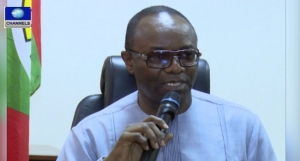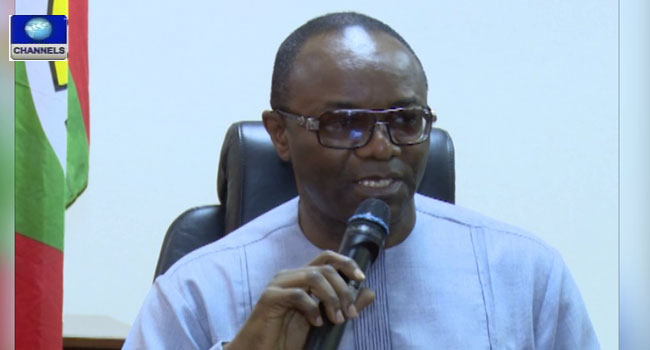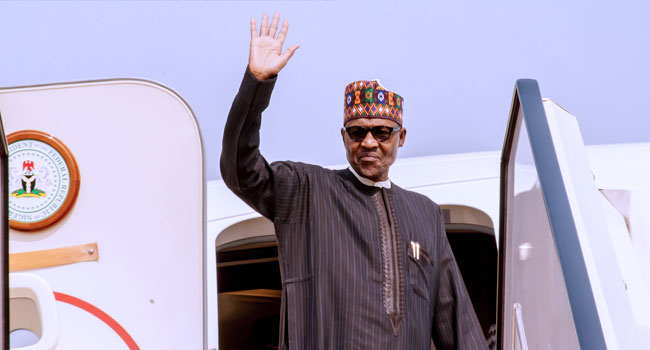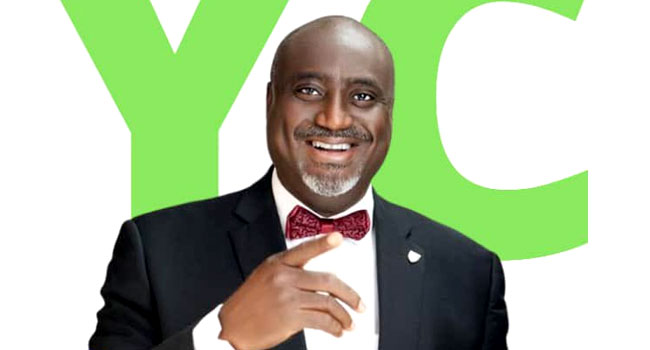
He said the rise would shore up demand to an average 30.8 million barrels per day for the year 2016 leading to a more balanced market.
Dr. Kachikwu, who is also head of Nigeria’s delegation to the 168th Ordinary OPEC Meeting, made this assertion while addressing the OPEC Ministers Conference in Austria, Vienna.
Enhancing Market Stability
He noted that a balanced and stable market would be of crucial importance in the years ahead to ensure continued investment in the industry, as it gears up to meet the world’s burgeoning energy needs.
The OPEC Conference President stated that the conference was centered on enhancing market stability, which would benefit all stakeholders and contribute to global economic growth.
He stressed that this could be achieved only through the concerted effort of all stakeholders.
“Dialogue and collaboration with consumers, non-OPEC producers, oil companies and investors are essential in reaching our common goal of a more orderly oil market. In 2015, we have seen positive examples between OPEC and Non-OPEC countries and the Asian Ministerial Energy Roundtable held in Qatar in November. OPEC has also held bilateral dialogues with Russia and China this year, and later this month the OPEC-India Energy Dialogue would have its first meeting,” Dr. Kachikwu stated.
The President of OPEC Conference informed the gathering that world oil demand in 2015 grew by 1.5 million barrels per day, up from 1 million barrels per day in 2014.
“Next year, we foresee growth of 1.3 million barrels per day to average 94.1 million barrels per day, with most of this growth coming from non-OECD countries,” he noted.
According to him, as far as supply is concerned, non-OPEC countries would continue to see significant reduced production growth as compared to past years. In fact, in 2016, we anticipate a contraction in non-OPEC oil supply.
He said the downward trend stems mainly from the impact of investment cutbacks and the drop in US tight oil output, which has been declining since May 2015. He added that this is clearly illustrated by the drop in the number of newly drilled wells and the reduction by half of active drilling wells.
Dr. Kachikwu maintained that OPEC remained committed to doing its part in protecting the environment and supporting sustainable development.
OPEC and its member countries are taking part in the climate change negotiations in Paris with the goal of full, effective and sustained implementation of the United Nations Framework Convention on Climate Change, Dr Kachikwu stressed
The President of OPEC Conference also welcomed the Minister of Energy and Mineral Resources of Indonesia, His Excellency Sudirman Said, who is represented his country to reactivate its OPEC membership after a seven-year suspension.




